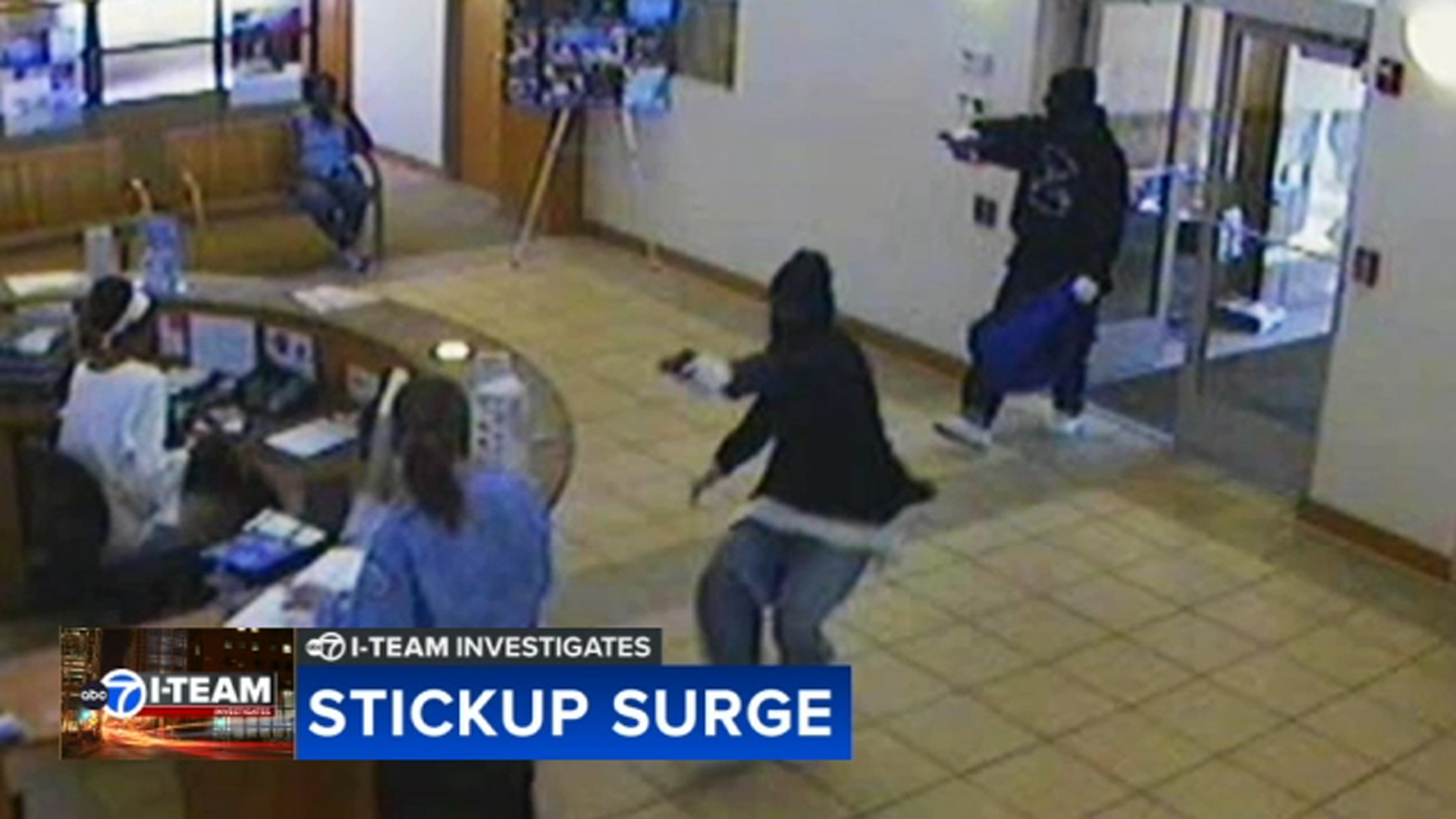5G network security risks could accompany innovation when Chicago devices upgrade, experts say
CHICAGO (WLS) -- 5G, the fifth generation of wireless technology, will revolutionize communication in Chicago and around the world. But as the race to 5G heats up, the I-Team investigated looming privacy and security concerns.
Right now in Chicago, companies like Electric Conduit Construction are building the backbone of the coming 5G network. The 5G wireless signals that will eventually flood Chicago's airwaves start by running block after block of fiber optic cable to handle the massive amount of data traffic anticipated.
"It's almost like weaving together a blanket by starting in random areas and just starting to put things in the ground, and eventually it's all connected together," says Mike Purpura, Electric Conduit Construction.
Experts said the current 4G network signal is similar to flipping a switch, where a dark room is filled with light; 4G connects everything in the area it touches.
But 5G works like a spotlight by targeting specific devices with a fast and focused connection. 5G has the potential to be 10 times faster than its predecessor, but its signal travels a much shorter distance. While one 4G tower could cover an area and connect devices miles away, 5G signal only reaches about 1,000 feet. That means that new 5G equipment may be on every other light pole, lining neighborhoods with new cellular equipment.
"We're moving to the internet of everything," said Maurice Dawson, director of the Illinois Institute of Technology Center for Cyber Security and Forensics Education. "That makes it easier to have much more targets."
5G will allow billions of new devices to connect with no processing delay or latency - real time connections that will make technology like driverless cars possible.
But experts warn more devices means more potential targets for criminal hackers looking for sensitive data.
"When you have this connected network you go for the weakest link," Dawson said.
The I-Team discovered the beginnings of 5G hardware throughout Chicago mounted on new light poles downtown. Experts said the biggest concern with 5G hardware may be where the equipment is manufactured.
"We see it as a national security threat as well as a national economic threat, in addition to the cyber security threat," said Faisal Akkawi, director of Northwestern University's Information Systems program.
The United States is locked in a battle with Huawei, a major telecom company headquartered in China now leading the charge to 5G. The Trump administration is pushing US allies not to use Huawei 5G equipment for fears that the company could install backdoors in the network and spy on American communications. Huawei representatives deny claims the private company is connected to the Chinese government or engaged in cyberespionage.
"United States, even at the highest classified levels, have not been able to provide levels of substantial cybersecurity wrongdoing by Huawei," said Andy Purdy, Chief Security Officer, Huawei Technologies USA.
"It is important that risk be addressed comprehensively and relative to all vendors to make sure the US is safe regardless of where the company is headquartered, regardless of where the company does business," he added.
If the global 5G network eventually contains security backdoors that any one country can control once-secret plans for weapons or warfare would be out in the open for spies to steal.
"It's a major concern," Dawson said. "Now you're building all these items to combat another nation, well they already have them. They've taken those plans and made them even better so now they have better technology to counter anything that you have and essentially know everything that's going on."
But experts also warn that a hard ban on Chinese equipment will put the US even further behind in network deployment.
"Stopping 5G from coming in does not solve the problem," said Akkawi. "We need to come together as a nation and find a way to do it."








